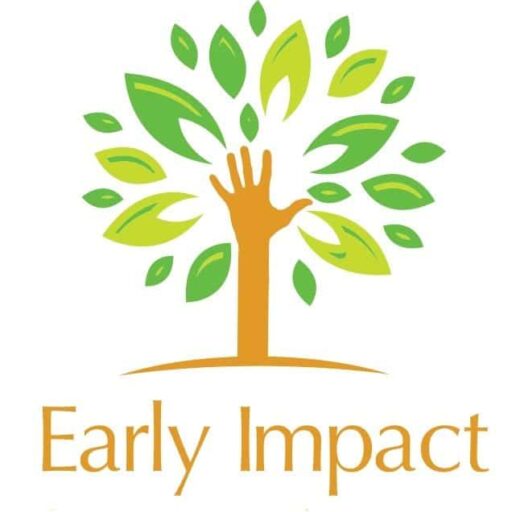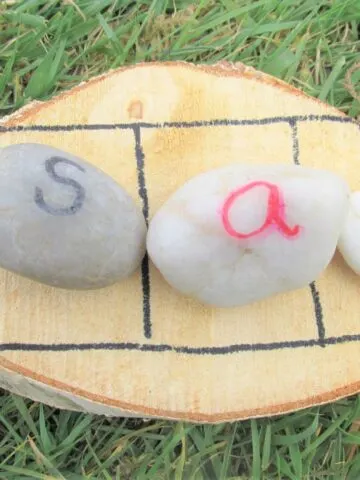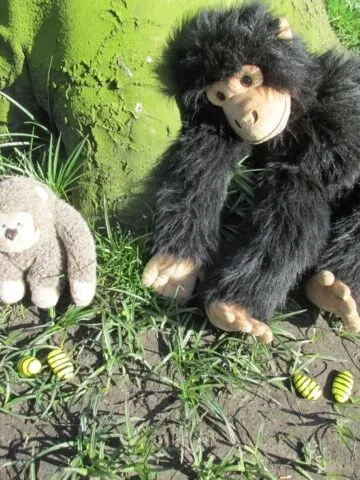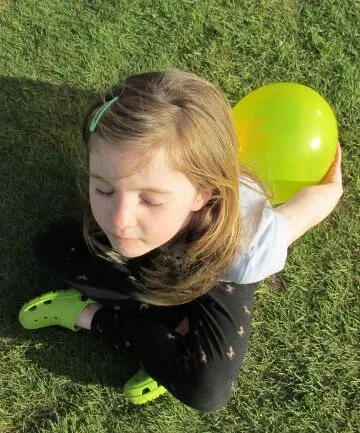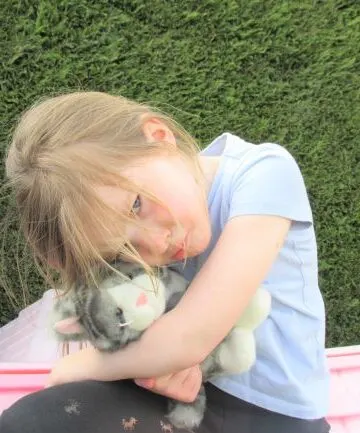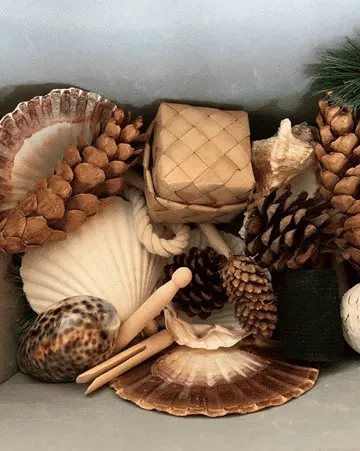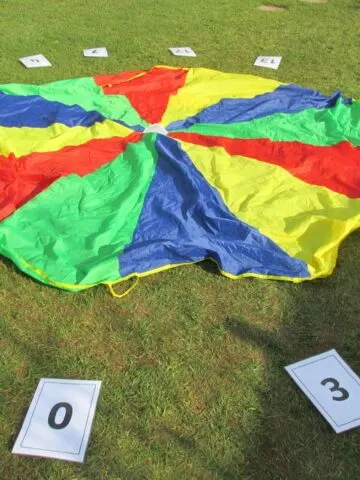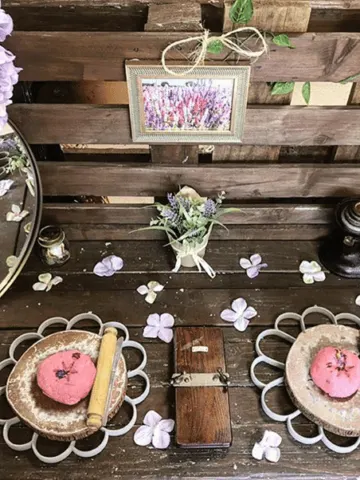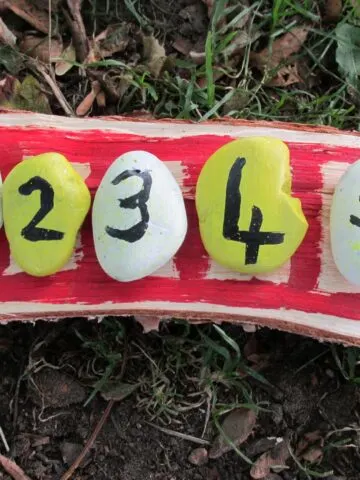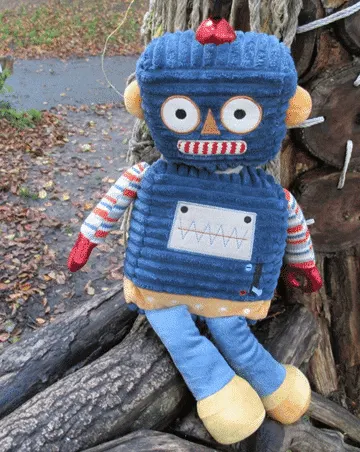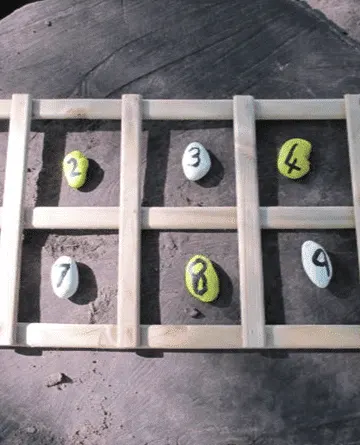The Difference Between Blending And Segmenting
Blending and segmenting are very closely linked skills, and yet they are also kind of opposites. Both are really important to early phonics, and are needed for children to start reading and writing simple words. But what’s the difference between blending and segmenting? Blending is a skill needed for reading. Segmenting is used for writing. …
